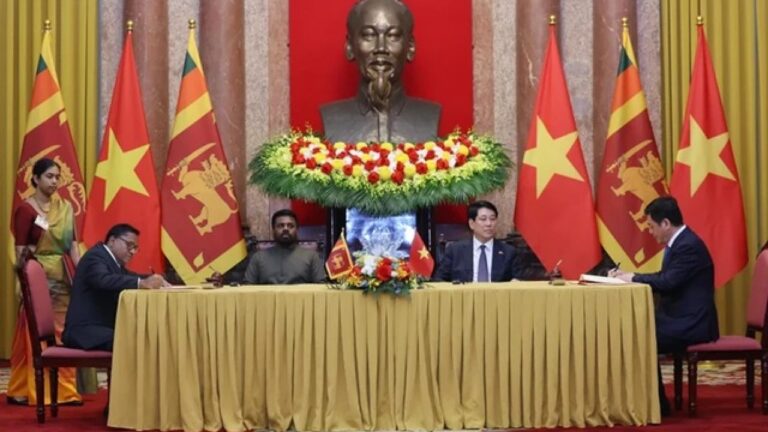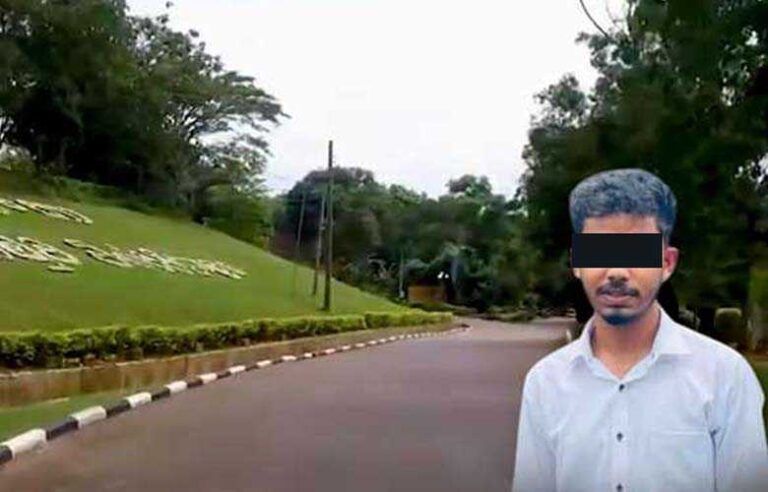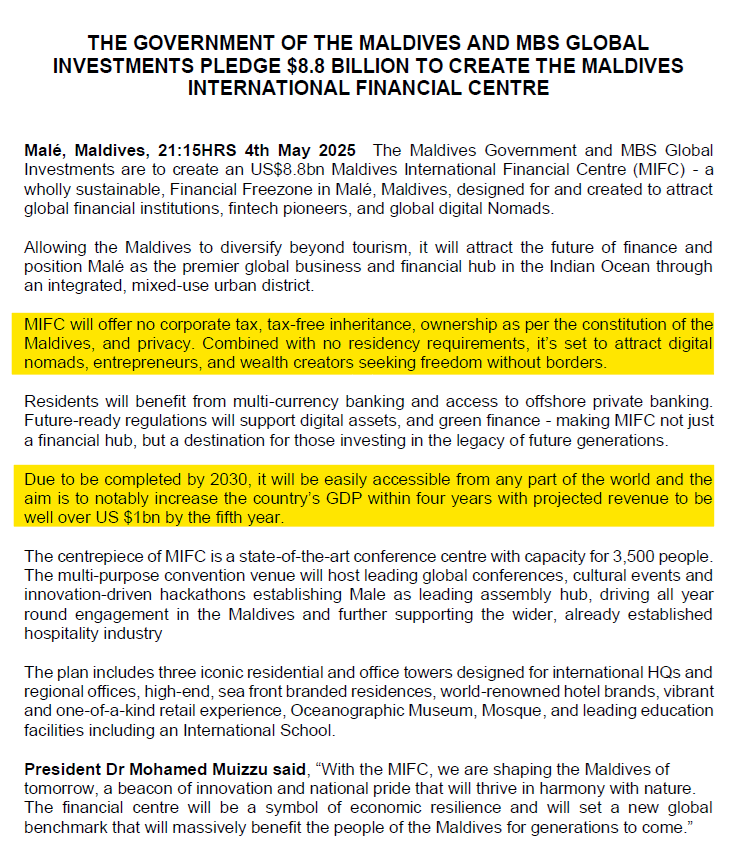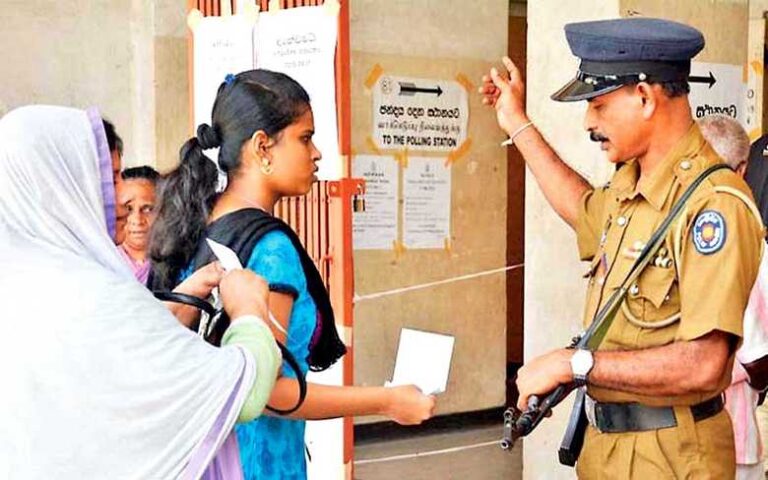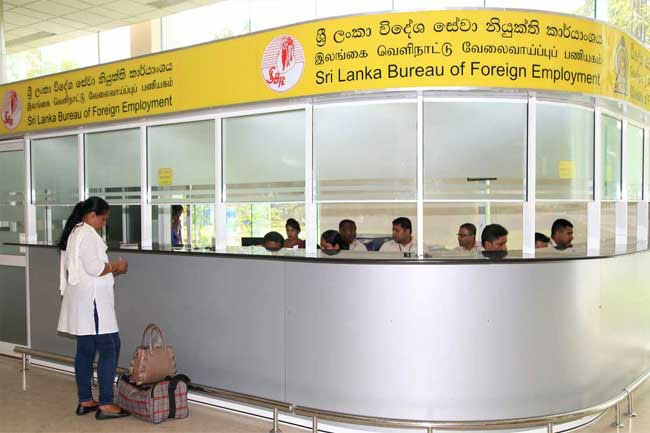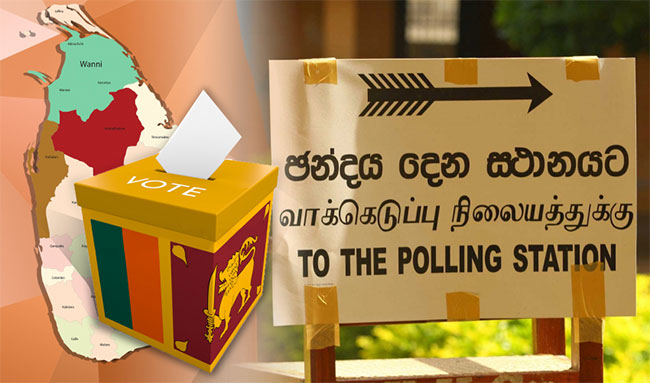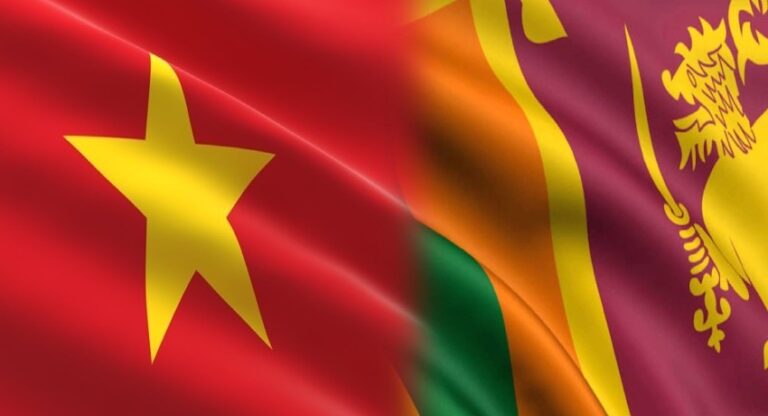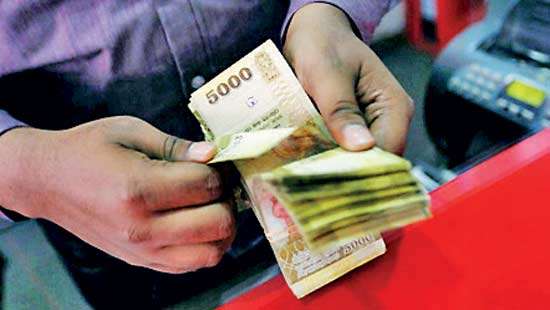By: Staff Writer
May 06, Colombo (LNW): Sri Lanka and Vietnam ushered in a new era of diplomatic and economic cooperation with the signing of five pivotal agreements during President Anura Kumara Dissanayake’s official visit to Hanoi. The high-profile signing ceremony, held at the Presidential Palace, was witnessed by President Dissanayake and Vietnamese President Luong Cuong, signaling a strengthened partnership between the two nations.
The visit culminated in the signing of four Memoranda of Understanding (MoUs) and one key bilateral agreement, highlighting both countries’ commitment to deepening cooperation across a spectrum of vital sectors. At the forefront was a bilateral agreement aimed at enhancing cooperation and mutual assistance in customs affairs—an essential step towards improving trade facilitation and border management.
Other significant MoUs focused on industrial collaboration, agricultural innovation, and trade promotion. One MoU, inked between the Ministry of Industry and Trade of Vietnam and Sri Lanka’s Ministry of Industry and Entrepreneurship Development, seeks to boost cooperation in machinery and equipment manufacturing—a sector with strong potential for technology transfer and industrial growth. Another, signed between the Vietnam Academy of Agricultural Sciences and Sri Lanka’s Department of Agriculture, targets joint research and capacity building in agriculture.
Diplomatic and academic ties were also elevated with a new MoU between Sri Lanka’s Bandaranaike International Diplomatic Training Institute (BIDTI) and Vietnam’s Diplomatic Academy, aiming to facilitate the exchange of scholars, diplomats, and training programs. Meanwhile, a trade-focused MoU between the Vietnam Trade Promotion Agency and the Sri Lanka Export Development Board (EDB) promises to pave the way for increased market access and joint participation in trade fairs, exhibitions, and business networking events.
In a strategic move to attract foreign investment, President Dissanayake personally invited Vietnam’s private sector giant, Vingroup, to explore investment opportunities in Sri Lanka. This gesture aligns with Colombo’s broader push to revitalize the national economy through foreign direct investment and cross-border partnerships.
The agreements are expected to unlock new commercial prospects in high-growth sectors such as value-added agriculture, fisheries, apparel, and processed foods. Both governments anticipate that the collaboration will not only enhance bilateral trade but also strengthen people-to-people ties through academic exchanges and mutual learning. President Dissanayake’s visit marks a proactive shift in Sri Lanka’s foreign policy direction, leveraging strategic regional partnerships to bolster economic development.


